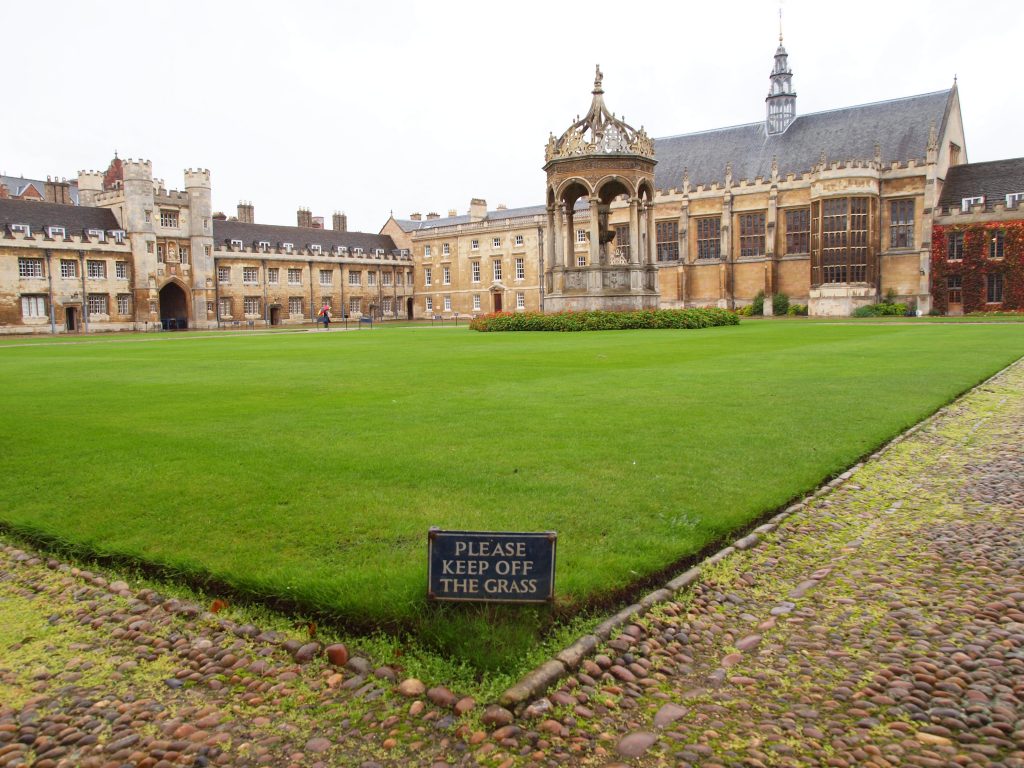Members of the environmental group Extinction Rebellion damaged university property as part of their latest protest.
This week, Extinction Rebellion (XR) decided to dig up the lawn at Trinity College, which is part of the University of Cambridge. The group think they were justified in doing this because they believe Trinity College is contributing to climate change and other forms of environmental damage. They say the college has invested £9.1 million into oil and gas companies and plan to sell a farm to a company that wants to turn it into a lorry park.
It’s true that business decisions made by one or two parties can have a big impact on other people. Economists have a word for the wider effects that can happen when we buy and sell stuff - externalities. The nasty side effects of climate change are a good example of an externality: they will cause economic and emotional damage to folk who had no say and made no financial gain from the environmentally-damaging practices which contributed to climate change in the first place. Given all this, some people think it’s reasonable to attempt to stop business transactions like Trinity’s, including via disruption and damage.
But in the eyes of others - and the law - what XR did was wrong, because Trinity College’s lawn is private property, and vandalising it is a crime. Police were roundly criticised for not stopping the destruction at the time, and three XR members have now been arrested and charged over it. Property rights like this are often seen as crucial to a functioning economy because we have to agree who owns what in order to be able to easily exchange things on markets (i.e. buy and sell stuff) and give out out any wealth that comes from private property (such as if you invested some of your money in a successful stock).
Read our explainer on: property rights.

